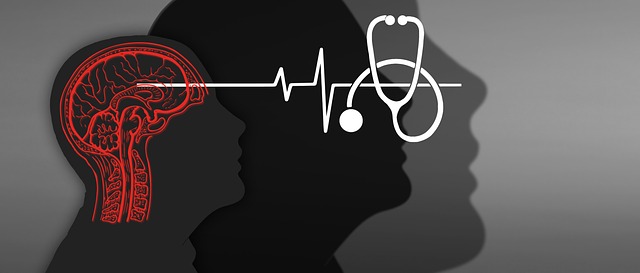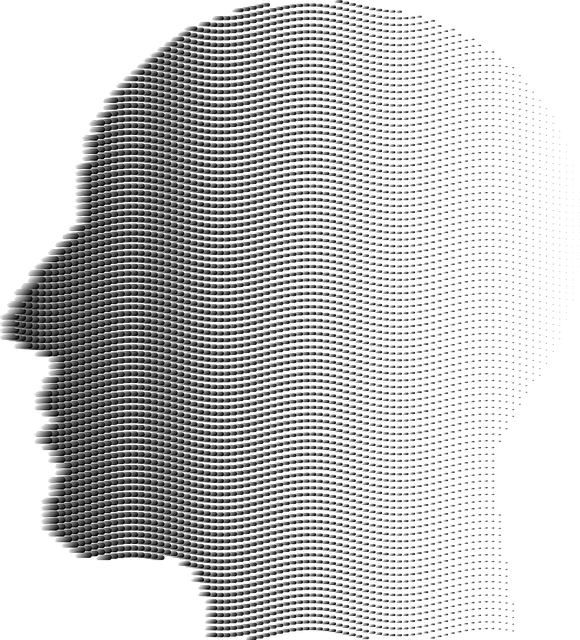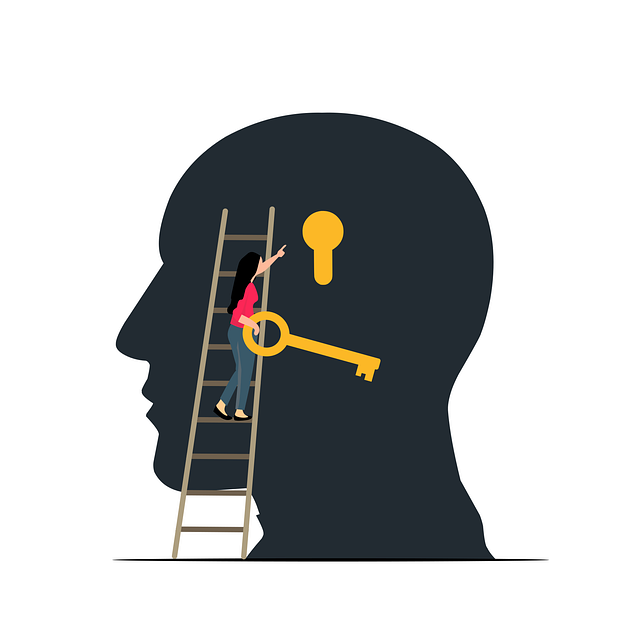Mental wellness is key in managing chronic pain, with many patients experiencing anxiety or depression. Centennial Chronic Pain Therapy emphasizes self-care routines focusing on emotional well-being and resilience, offering tools for crisis intervention and anxiety relief tailored to individual needs. By integrating strategies like mindfulness exercises and progressive muscle relaxation into daily life, individuals can better manage pain and improve quality of life. Adapting routines over time, including new techniques like compassion cultivation, ensures ongoing support and emotional resilience.
“Unwind, rejuvenate, and embrace a holistic approach to your well-being with this comprehensive guide to crafting a mental wellness self-care routine. In an era where chronic pain management is a growing concern, especially within the Centennial Chronic Pain Therapy community, prioritizing mental health is more crucial than ever. This article delves into understanding the fundamentals of mental wellness and self-care as a cornerstone for navigating chronic pain. Through identifying personal needs, incorporating effective strategies, and sustaining long-term practices, you’ll discover how to thrive with a tailored routine designed just for you.”
- Understanding Mental Wellness and Self-Care: A Foundation for Chronic Pain Management
- Identifying Personal Needs: Crafting a Routine Tailored to You
- Incorporating Effective Strategies: Tools for Daily Practice
- Sustaining and Adjusting Your Routine: Long-term Mental Wellness Journey
Understanding Mental Wellness and Self-Care: A Foundation for Chronic Pain Management

Mental wellness is a cornerstone of overall health, encompassing our emotional, psychological, and social well-being. Understanding this concept is paramount in managing chronic pain effectively. Many individuals facing long-term pain struggles with mental health issues such as anxiety or depression, which can significantly impact their daily lives.
Developing a self-care routine that prioritizes mental wellness is a powerful tool for navigating the challenges of chronic pain. This involves adopting practices that foster resilience and emotional intelligence, enabling better coping mechanisms. Centennial Chronic Pain Therapy emphasizes the importance of these foundational elements, offering guidance in crisis intervention and providing tools for anxiety relief. By integrating self-care strategies into daily life, individuals can enhance their ability to manage pain and improve overall quality of life.
Identifying Personal Needs: Crafting a Routine Tailored to You

Identifying your personal needs is a crucial step in developing a mental wellness self-care routine that truly resonates with you. It’s unique to everyone, and what works for one person might not be suitable for another. This process involves introspection and recognizing the specific aspects of your life that contribute to stress or strain on your mental health. For instance, someone struggling with chronic pain might require practices that alleviate physical discomfort alongside strategies for managing associated anxiety or emotional turmoil.
Centennial Chronic Pain Therapy offers valuable insights here, emphasizing the importance of tailoring treatments to individual needs. Similarly, considering factors like work-life balance, social connections, and personal interests is essential when crafting a routine. For example, incorporating mindfulness exercises during periods of pain flare-ups can help with Anxiety Relief and Emotional Regulation. Alternatively, engaging in creative outlets or spending time in nature might be your remedy for de-stressing and cultivating Mental Wellness, as part of the self-care routine Development process.
Incorporating Effective Strategies: Tools for Daily Practice

Incorporating effective strategies into your daily self-care routine is a pivotal step in enhancing mental wellness, especially for individuals managing chronic pain. Centennial Chronic Pain Therapy offers valuable insights and tools to navigate this journey. Practices such as mindfulness meditation, deep breathing exercises, and progressive muscle relaxation can significantly reduce stress and anxiety levels, promoting a sense of calm and control over one’s well-being. These techniques are easily integrable into daily lives, offering moments of tranquility amidst the hustle and bustle.
Beyond individual practices, community outreach programs like Mental Wellness Coaching Programs Development play a crucial role in fostering support networks. Engaging with peers who share similar experiences can create a sense of belonging and provide valuable coping mechanisms. Additionally, risk assessment for mental health professionals is essential to ensure safe and effective delivery of services, further enhancing the overall mental wellness routine.
Sustaining and Adjusting Your Routine: Long-term Mental Wellness Journey

Developing a mental wellness self-care routine is a powerful tool for managing chronic pain and promoting overall well-being. However, it’s important to remember that this journey is ongoing and requires both consistency and adaptability. Just as chronic pain therapy needs adjustments over time, your self-care practices should evolve to meet your changing needs.
Sustaining a routine provides structure and familiarity, which can reduce stress and anxiety. Yet, life’s circumstances often demand flexibility. Be open to adjusting your self-care strategy, incorporating new techniques or activities that resonate with your current state. For instance, integrating compassion cultivation practices into your routine can enhance emotional resilience and mitigate the impact of past traumas. Remember, a long-term mental wellness journey involves navigating through different phases, and your self-care should be just as dynamic, ensuring you remain supported and responsive to your evolving needs, especially when facing challenges like chronic pain.
Developing a mental wellness self-care routine is a powerful tool for managing chronic pain, offering a holistic approach to well-being. By understanding your mental health and personal needs, you can create a tailored routine that incorporates effective strategies for daily practice. Through consistency and adjustments along the way, this journey supports long-term mental wellness, providing a sustainable path towards a better quality of life, especially in navigating chronic pain with Centennial Chronic Pain Therapy techniques.














